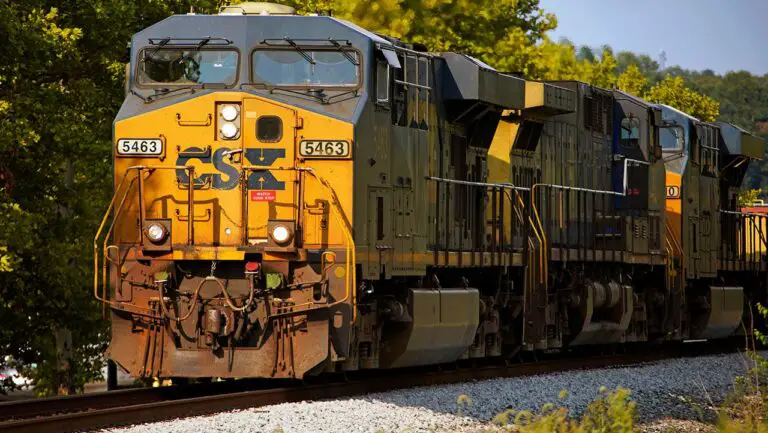Tentative Agreement Reached in Locomotive Manufacturer’s Strike
After a two-month strike that led around 1,400 workers to walk off the job at a Pennsylvania plant, the country’s largest locomotive manufacturer, Wabtec, and its striking union workers are on the verge of ending the standoff. In a move that could bring relief to both sides, an agreement has been announced.
The Pittsburgh-based company, Wabtec, revealed on Wednesday that it has reached a tentative agreement with the Local 506 union, which belongs to the United Electrical, Radio, and Machine Workers of America. The specifics of the agreement include wage hikes, improvements in the grievance process, and other benefits. However, detailed information about the terms was not disclosed.
One notable aspect of the tentative deal is the continuation of a two-tier wage system at the Erie plant. This system allows Wabtec to pay new hires lower wages initially, gradually increasing their pay to match the salaries of experienced “legacy” employees.
Upon ratification, the agreement will bring about successive hourly wage increases of at least 3% for the next three years, along with a $1,500 lump sum bonus. The president of Local 506, Scott Slawson, was not available for immediate comment, but a vote on the agreement’s ratification is expected to take place on Thursday.
Wabtec acquired the plant and General Electric Transportation in 2019, and its primary locomotive manufacturing plant in the U.S. is located in Fort Worth, Texas. Strikes and labor disputes have been cropping up across various industries in the United States recently, from Hollywood actors and writers to delivery drivers and airline pilots. These conflicts often stem from concerns about inadequate pay and excessive workloads, compounded by the challenges of the ongoing COVID-19 pandemic.
Negotiations on wages have been at the forefront of discussions between various unions and companies, including the Teamsters union with UPS and the United Auto Workers with U.S. automakers. As the labor landscape continues to evolve, both employees and employers grapple with the balancing act of meeting customer demands for speed and convenience while ensuring fair compensation for workers.

